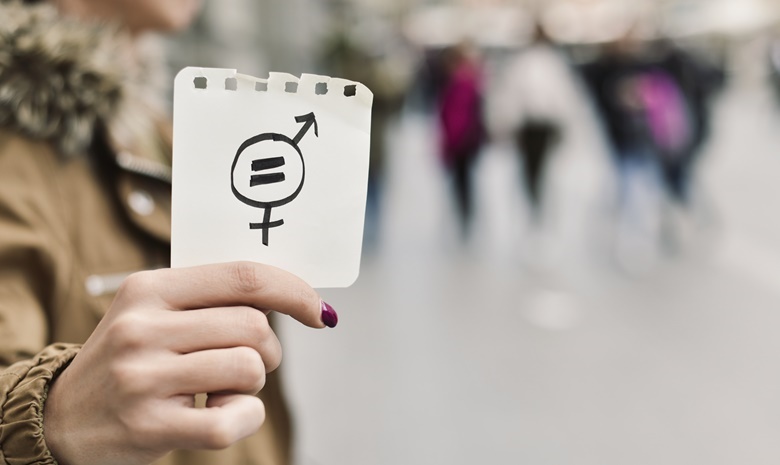
Iceland is the first country in the world to make it illegal to pay a woman less than a man.
Iceland has been ranked by the World Economic Forum (WEF) as the most gender-equal country in the world - every year for the last nine years. Nearly half of their parliament is made up of women, so it’s probably not a surprise that the new equal-pay law, introduced in March 2017, faced little opposition: Iceland is the first country in the world to make it illegal to pay a woman less than a man.
Icelandic businesses with 25 or more people will have to obtain government certification of their equal-pay policies. Businesses that do not comply will be fined.
“We need to make sure that men and women enjoy equal opportunity in the workplace,” said Equality and Social Affairs Minister Thorsteinn Viglundsson. “It is our responsibility to take every measure to achieve that.”
In 2015, the pay gap was around 20 percent in Iceland and plans were afoot to bridge the gap by 2022. They beat their goal by a long way!
Dagny Osk Aradottir Pind, a board member of the Icelandic Women's Rights Association, explained "We have had legislation saying that pay should be equal for men and women for decades now but we still have a pay gap. [The law is] a mechanism to ensure women and men are being paid equally”.
"Women have been talking about this for decades and I really feel that we have managed to raise awareness, and we have managed to get to the point that people realise that the legislation we have had in place is not working, and we need to do something more," she added.
According to the latest WEF report, the top five best performers in the global gender gap are Iceland, Norway, Finland, Rwanda and Sweden. South Africa is ranked 19th. The U.K. is 15th, Canada is 16th and the United States is far behind at 49th.